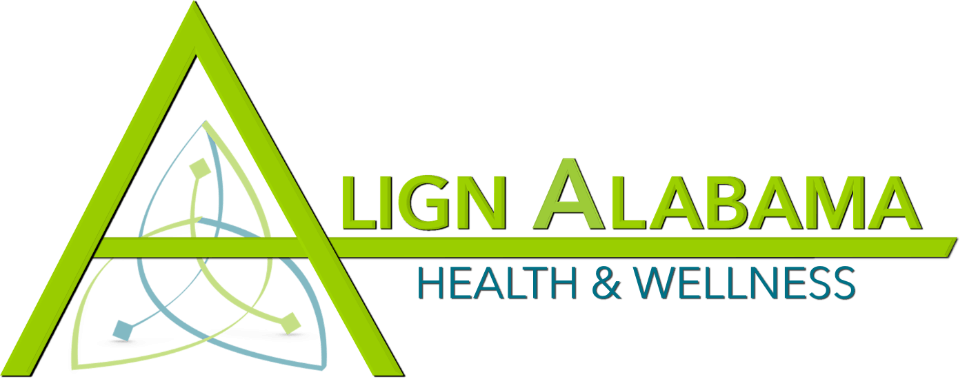In this three part series, I will address the Top 10 nutrition lies that mainstream media is trying to push on you. Read Part 1 and Part 2.
Every week there seems to be a new nutrition topic covered in the media; new fads, new solutions for weight loss, and new foods that are “bad” for you. Many of the claims are often discredited, upon further research, yet their impact on dietary choices remains.
LIE #6: Cholesterol Is BAD & Eggs Are Unhealthy
For decades, it has been widely believed that eggs, and specifically their saturated fat and cholesterol cause heart disease. This is simply untrue. While there are studies dating back to the 1980s that refute this claim, it is still widely held and believed.
In fact, there is no relationship between egg consumption and coronary heart disease, and egg consumption is unrelated to blood cholesterol levels.(16)
TRUTH: Eggs Are NOT The Enemy! Eggs have been proven to help to increase lutein and zeaxanthin levels, without elevating cholesterol levels. Lutein and zeaxanthin are associated a reduction in incidence of age-related macular degeneration and good eye health.(19)
SOLUTION: Enjoy the Nutrition of Free Range or Local Farm Eggs
LIE #7: Eating 5-6 Small Meals A Day Stimulates The Metabolism
Frequent snacking, or small meals throughout the day has grown in popularity with some people. The idea is that eating stimulates the metabolism, as you get a metabolic boost while digesting foods, that can result in weight and fat loss.
TRUTH: Eating All The Time Doesn’t Make You Healthier Or Help Your Metabolism! The truth is that it is the total amount of food you eat in a day, and intermittent fasting may be better for most individuals.
Intermittent fasting allows the body to burn fat easier and more efficiently because insulin levels in the body are low. We don’t enter a fasting state until 12 hours or so after eating a meal. So, by eating 5-6 meals throughout the day, you are actually postponing the fat burning!
SOLUTION: Allow Intermittent Fasting And Fewer Meals But High In Protein
Intermittent fasting can be accomplished by eating all meals within one 8-hour period each day, and fasting the remaining 16 hours. ie: First meal of the day 12p.m., last meal of the day 8p.m. First meal the following day 12p.m.
Lie #8: Low-Fat Diets Are Healthy
While consuming less fat was believed to help increase health and wellness and reduce weight, the opposite has actually occurred. According to the Centers for Disease Control, no state in the country has less than 20% obesity today.(25)
Another part of the equation is that healthy fats were replaced with the addition of grains, sweeteners and unhealthy fats to make up for the taste and texture that was lacking. Satiating flavor and texture often comes from, in part, fats.
TRUTH: Low-Fat Diets Can Cause Disease, Healthy Fats Heal!
While processed foods are to blame for many of the hidden added fats, using unhealthy cooking oils including canola, peanut, and corn, are also to blame. These vegetable oils are associated with inflammation and heart disease, the very thing the low-fat diet was supposed to “cure”. Hydrogenated and partially hydrogenated oils, margarine and processed shortening replaced the healthy fats that humans had been consuming for thousands of years. Today, added fats now contribute nearly 1/3 of the calories consumed today.
SOLUTION: Eat Healthy Sources Of Fat!
Moderate consumption of healthy fats found in grass-fed meat and dairy, coconut, olives, avocado, nuts, seeds, and fish actually does a significantly better job of protecting against cardiovascular disease, Type 2 diabetes, and obesity.

Saturday, March 14 at 9:30 a.m.
Greenwise Market
1720 Shoremeade Road
Mt Pleasant, SC 29464
